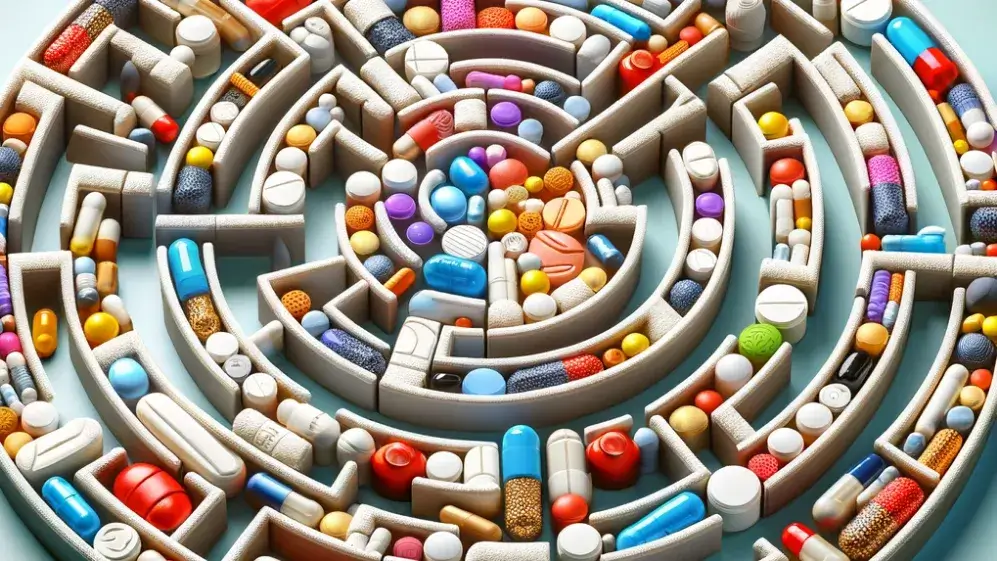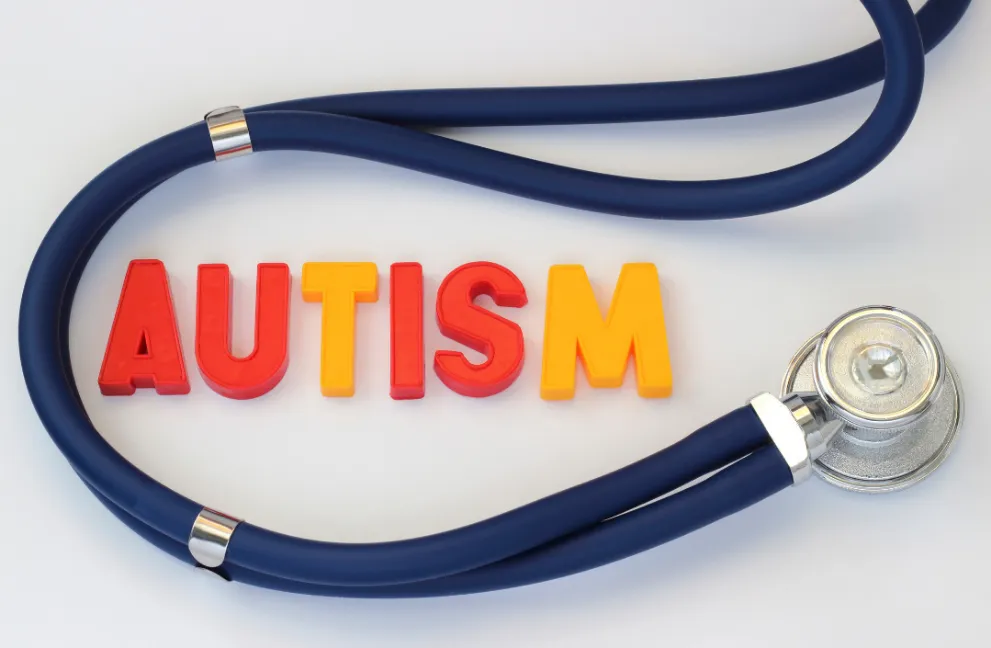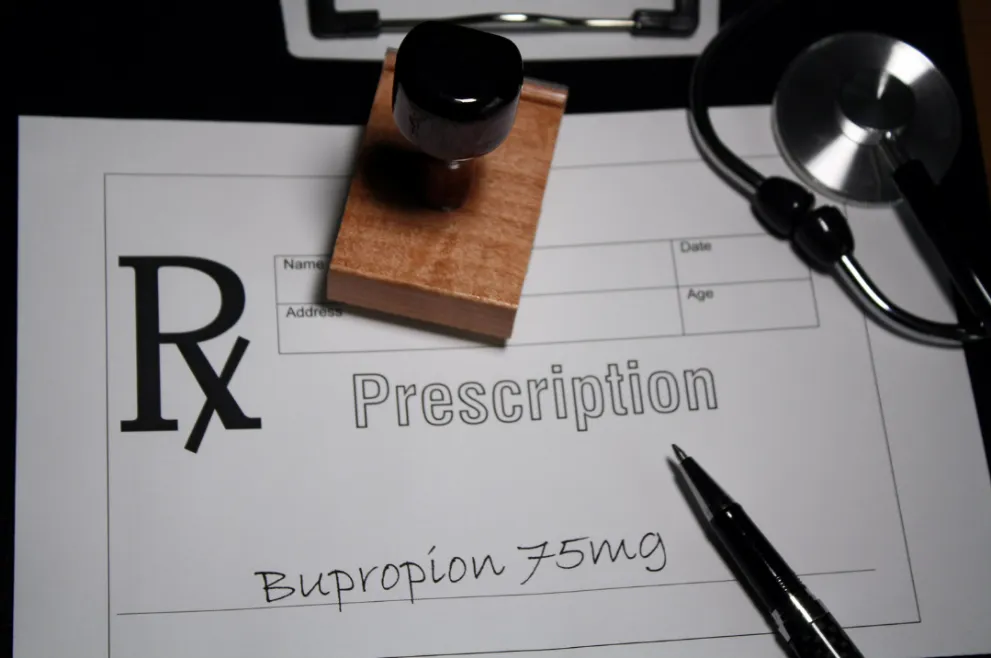Written and medically reviewed by Dorcas Morak, Pharm.D
Does your doctor prescribe Vyvanse to manage your Attention Deficit Hyperactivity Disorder (ADHD) or Binge Eating Disorder (BED), and are you curious about the possible interaction it may have with your other medications? Here is a comprehensive guide that explores common questions about Vyvanse interactions and provides in-depth insights into medications that could pose serious health risks when taken with it.
What is Vyvanse?
Vyvanse, whose generic name is lisdexamfetamine, is a prescription medication that belongs to a class of drugs known as central nervous system (CNS) stimulants. It is primarily used to treat ADHD in children, adolescents, and adults, as well as moderate to severe BED in adults. The drug works by affecting certain chemicals in the brain and nerves that contribute to hyperactivity and impulse control. In ADHD, Vyvanse helps to increase attention and decrease impulsiveness and hyperactivity. For BED, it is used as part of an overall treatment plan to reduce the number of binge eating days.
Vyvanse is distinct from other ADHD medications in that it is a prodrug, which means it is inactive until it is ingested and metabolized in the body. This design aims to provide a more gradual and extended effect compared to immediate-release stimulant medications, potentially reducing the potential for abuse.
However, like other stimulant drugs, Vyvanse can have side effects and carries the risk of abuse and dependence. It should only be used under the supervision of a healthcare provider and according to the prescribed treatment plan.
Can Vyvanse cause health risk interactions with other drugs or substances?
Lisdexamfetamine (Vyvanse), being a central nervous system stimulant, can interact with various prescription drugs, over-the-counter medications, nutritional supplements, and even certain foods. Understanding these interactions is crucial to avoid adverse health effects.
What medications should not be taken with Vyvanse?
If you are taking Vyvanse, you should avoid medications in the categories below.
Monoamine Oxidase Inhibitors (MAOI) Vyvanse should not be taken with Monoamine Oxidase Inhibitors (MAOI), commonly used for depression. Concurrent use within the last 14 days can lead to a potentially life-threatening hypertensive crisis characterized by dangerously high blood pressure. Examples of MAOI include phenelzine (Nardil), isocarboxazid (Marplan), and tranylcypromine (Parnate).
Antidepressant Medications Vyvanse can interact with Selective Serotonin Reuptake Inhibitors (SSRIs), Serotonin-Norepinephrine Reuptake Inhibitors (SNRIs), and Tricyclic Antidepressants (TCAs). Combining Vyvanse with these serotonergic drugs increases the risk of serotonin syndrome, a potentially life-threatening condition. Examples of antidepressant medications include fluoxetine (Prozac), venlafaxine (Effexor XR), and amitriptyline.
Triptans Combining Vyvanse with triptans, a medication that is used for migraine headaches, can increase the risk of serotonin syndrome. Examples of triptans include zolmitriptan (Zomig) and sumatriptan (Imitrex).
Lithium Combining Vyvanse with lithium, a mood stabilizer used for bipolar disorder increases the risk of serotonin syndrome. It's crucial to inform your healthcare provider about any history of bipolar disorder and the medications used to treat it.
Acetazolamide Combining acetazolamide with Vyvanse can lead to higher plasma levels of Vyvanse and an increased risk of side effects. Acetazolamide is used to treat certain types of glaucoma.
St. John’s Wort Herbal supplements like St. John’s Wort, used for depression, can have serious drug interactions with Vyvanse, potentially leading to serotonin syndrome.
How can you minimize the risk of drug interactions with Vyvanse?
Before starting Vyvanse, inform your doctor about your health history, especially if you have conditions such as high blood pressure, heart disease, bipolar disorder, or substance abuse. Provide a complete list of current medications, including prescription, over-the-counter, and herbal supplements. Additionally, discuss common side effects of Vyvanse, such as dry mouth, headache, and increased heart rate. Be aware of unusual signs and symptoms and know when to seek medical attention.
How can you save on Vyvanse medication costs?
On August 24, 2023, the U.S. patent held by Takeda Pharmaceuticals for Vyvanse, their brand-name product, expired. This expiration allowed fourteen different companies to begin manufacturing and selling generic versions of Vyvanse, both in capsule and chewable tablet forms, at significantly lower prices. For example, the generic version of lisdexamfetamine, in a 30 mg dosage with 30 capsules, can be purchased for as little as $54 using an RxLess coupon. In contrast, the brand-name Vyvanse at the same dosage and quantity costs around $370. Opting for the generic version and using RxLess results in substantial savings.
















